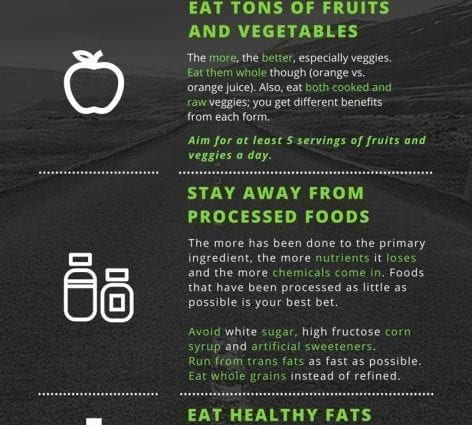Contents
It is not for nothing that Great Lent is called strict: in addition to the requirements of a spiritual sense, a person must also observe restrictions on food, which can cause health concerns. A sharp change in the diet and the list of foods consumed can cause many diseases of the gastrointestinal tract and nervous system. However, you can fast and not harm your health. To do this, you need to follow the following rules.
1. Do not give up meat completely
Lack of animal protein can lead to a weakening of the immune system, which is fraught with at least frequent colds. Another consequence of the rejection of animal protein is the loss of muscle tissue, because it is in the muscles that most of the energy expended by the body is burned.
If you reduce the amount of animal protein consumed, you will have a lower risk of atherosclerosis, coronary heart disease, hypertension, obesity, diabetes, and even some cancers.
Be sure to eat fish on the days when it is allowed. And seafood, squid and mussels are not banned at all on any of the days.
2. Enrich your diet with whole grains
Whole grain products contain a large amount of dietary fiber, vitamins, minerals and other biologically active substances that have a beneficial effect on the proper functioning of the whole body as a whole.
3. Eat vegetables in moderation.
An abundance of vegetables, especially raw vegetables, in the diet can be a source of problems for those who suffer from gastritis with increased secretory function, gastric ulcer and duodenal ulcer. Therefore, if you have a similar condition, do not turn your fast into a vegetable diet.
Remember that it is very important to maintain a sensible dietary balance. Not only vegetables and fruits can be eaten, but also pickles, pickled and fermented foods, dried mushrooms, frozen berries, nuts and honey. Stewed vegetables, vegetarian soups, cereals and beans should take their place on the dining table.
4. Stick to five meals a day
In fasting, such nutrition is most optimal: three main meals and two snacks. Avoid long breaks between meals: throughout the day, you need to get simple carbohydrates in the form of juices and fruits.
5. Watch your calories
While adhering to the Fast, do not perceive it as a hunger strike: malnutrition can lead to asthenia, weakness, insomnia, and impaired potency. Remember that even with fasting, the number of calories consumed per day should be at least 2000-2500, and if you are engaged in heavy physical labor, you should receive at least 3000 kcal.
To whom the church officially permits not to eat a lean diet:
- pregnant and lactating women,
- children under 14 years old,
- workers engaged in heavy physical labor,
- to those who are on the way.
Those for whom such a food system is unacceptable for various reasons may well enjoy the fruits of spiritual work on themselves, allowing themselves reasonable indulgences in order to eat balanced.
Rimma Moysenko, nutritionist:










